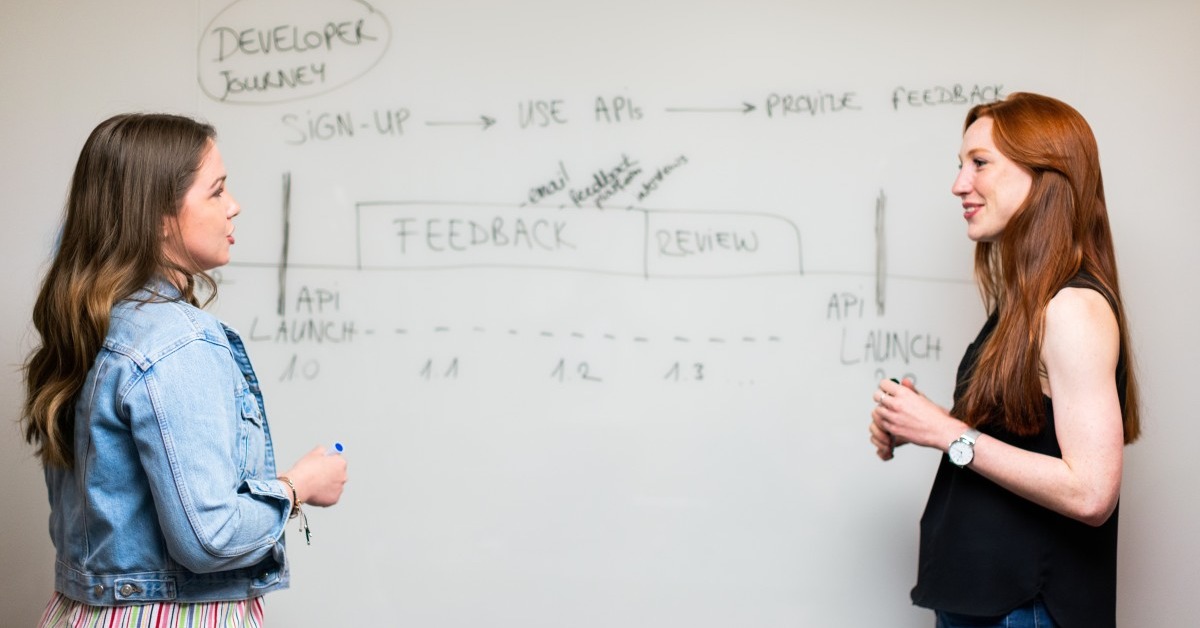
Boost Your Teacher's Salary with a Master's Degree
Even in states where a master's degree isn't required, teachers [...]
“I don’t know how you do it. I know I couldn’t.”
This is one of the most common refrains uttered at parent-teacher conferences.
Most people will tout the importance of teachers, but few will ever seriously consider becoming one. While the reasons for why you should consider teaching are many.
The naïve outsider will point to summer vacation, paid sick time, and medical coverage as “perks” of being a teacher. Even though I won’t decry having an enviable benefits package, if you ask teachers why they do this work, they’ll tell you it’s because of the students.
And this is true.
The relationship between teacher and student is a sacred one — one that, at times, seems intangible and incommunicable to outsiders. This may sound far-fetched, but it’s not. The day-to-day interactions that take place between teachers and students are complex and personal. If I had to boil the relationship down to one word, it would be “investment.”
Something about being responsible for the learning of others creates a pressure on teachers that, when the job is done well, leaves them feeling like they need to brag about it to friends. When teachers have a bad day at the office, they are not most concerned about losing a client or commission. Instead, they lie awake at night because they may have short-changed people they genuinely care about during a particular class or lesson. It’s this investment that makes the work of a teacher singularly rewarding.
Many jobs in America count on employees to generate profits for someone else. Teachers, however, seek to make students rich in knowledge. Any effective lesson, whether it’s in English class or in economics, helps to deepen the students’ engagement and understanding of the world around them.
When learning happens, intellectual capital is generated. The student — not the company’s bank account — grows. This capital is then taken into the world and used to effect real change.
It’s also rare in most careers to see the direct effects of your labors; however, in education, it’s rare not to. Day-to-day engagement with students allows teachers to see how each member of their class is progressing. Teachers have the unique privilege of witnessing the look in a student’s eye when something clicks — the moment when ideas become woven into the fabric of a student’s thinking.
We are able to help students understand why their work and ideas matter. We are able to help motivate a struggling member of the class and see the effects the next day.
In a Harvard Business Review article, Monique Valcour, a professor of management at EDHEC Business School in France, argues that to attain a sustainable career — one that “makes full use of your skills,” “challenges you to develop new ones,” and provides you with a sense of meaning — a person needs to “show that [he or she] can fill a need that someone is willing to pay for.”
The need for teachers is a steady one. As older teachers retire and student enrollment continues to rise, the demand for educators persists, despite budget cuts. The Bureau of Labor Statistics projects that between 2012 and 2022, the demand for high school teachers will grow by six percent, and the demand will grow by 12 percent for middle school, elementary, and kindergarten teachers. Jobs across America are increasingly being automated, removing the person and inserting the machine. While growth in education is slow, it will always be present.
There is much I can say about why you should become a teacher. I can continue on about how it’s never boring, how I never find myself going to the water cooler because I have nothing to do. Or I can describe the excitement of thinking up a new lesson or unit to try out on a receptive audience.
Still, to become a teacher you must also consider the challenges you will face. Continue your exploration with the next part of our series: Considering Ed School? Why You Shouldn’t Become a Teacher.
Questions or feedback? Email editor@noodle.com

Even in states where a master's degree isn't required, teachers [...]

Getting an MAT or an MEd in Elementary Ed can [...]

According to Zippa, salaries for school principals range from under [...]

Some kindergarten teachers earn $98,000 a year. That likely won't [...]

Many Doctor of Social Work (DSW) programs offer full-time, part-time, [...]
Categorized as: Teaching, Education & Teaching